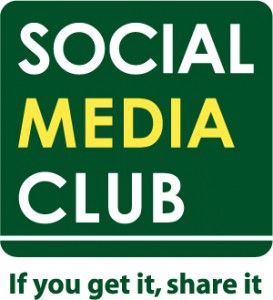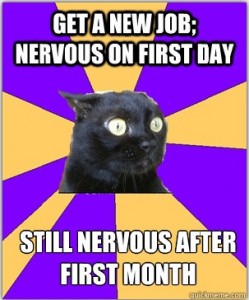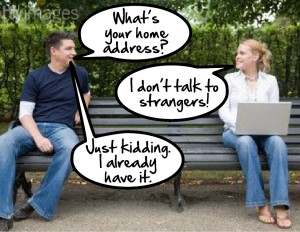I have come to the realization that our common conversations have become incredibly superficial and lack depth and substance.
While watching the film “God Bless America,” the protagonist, Frank, goes on a tirade about this subject. “Nobody talks about anything anymore. When was the last time you had a real conversation without someone texting or looking at a screen or a monitor over your head?”
Why do we shy away from talking about our feelings, aspirations, religious convictions and/or things that aren’t entertainment or sports? I’m not saying there is anything wrong with popular culture-based talks or sport chats, but try and think critically about what you have seen and speak original thoughts. Don’t just spew what you read online or heard on TV.
Some of my closest friendships were spawned from spontaneous, personal conversations. One doesn’t have to pour their soul out to a stranger, but opening up shouldn’t strike fear into their heart.
Everyone has a history. Every individual has a unique story. Each person you come across probably possesses the memory of an experience that you would find intriguing.
There aren’t many things better than those long, all-night conversations with someone. The ones in which you can feel the friendship forming into a long-lasting bond. The ones where you think “I should probably go to sleep,” but your friend has you so encompassed and on the edge of your seat that you throw the ideas of morning exhaustion out the window and listen onward.
You’re completely engaged. Your phone doesn’t matter.
When you listen, it feels great for both parties. You retain the knowledge about this person and feel a deeper connection with them, while they feel special and unique because they have someone who will actively listen to them without texting mid conversation.
We live in a society where all of our thoughts and ideas are posted on social media, yet we can’t talk to people. Social media seems to be taking the “social” aspects out of our daily lives.
Instead of posting about how angry you are at your professor or subtweeting about your friend, try talking to them about it. Hell, they may even commend you for taking the initiative to attack the issue head on. Instead of posting a Facebook status containing lyrics that you relate to, bring the song up in conversation with the person who inspired the thoughtful connection. The song will never sound the same again.
Feelings. Dreams. Personal history. These are the things we should be talking about, not Miley Cyrus’ new haircut or what your ex said about you on Twitter.
Superficial chatter is a plague. It keeps us from talking about stuff that truly matters. These issues get overshadowed by “pop-politics.” There’s always the typical conversations about abortion, the death penalty and gun control, but why don’t we talk about the conflict between the University’s Faculty Association and the Administration or the on campus smoking ban that is being discussed?
It is doubtful that we can control the hot topic issues of the nation, but we can have a say in the problems that are in our own backyard.
I strongly urge everyone out there to strike up a real conversation with that one person who catches your eye in the Union or the girl who sits by you in class with the sweet Attack Attack! bookbag or the professor who makes you feel like a human being and not just another kid in class.
It’s the last week of classes. Take a chance.
What’s the worst that can happen? They could look at you weird and you will never have to see them again.
What’s the best that can happen?
You could have a new friend for life.






